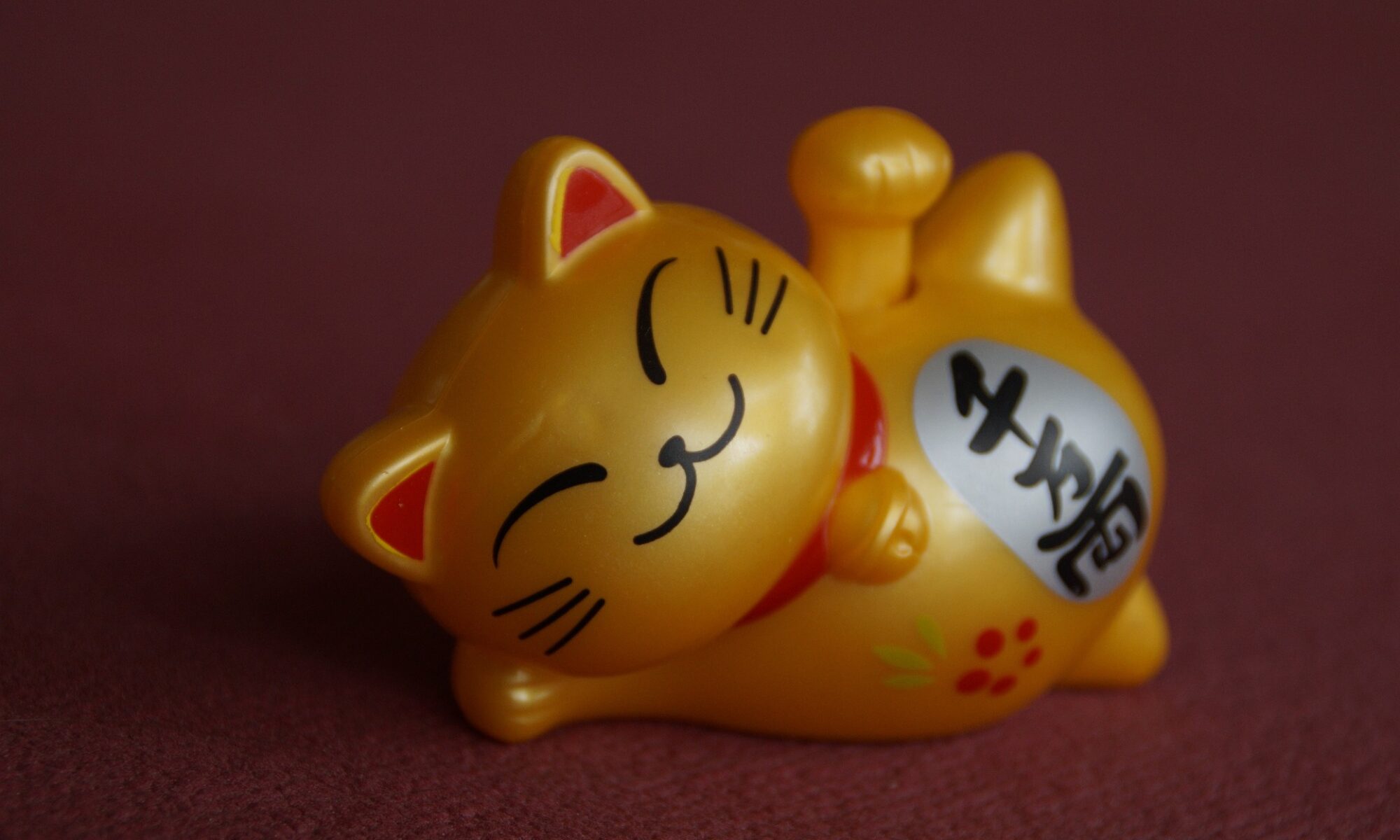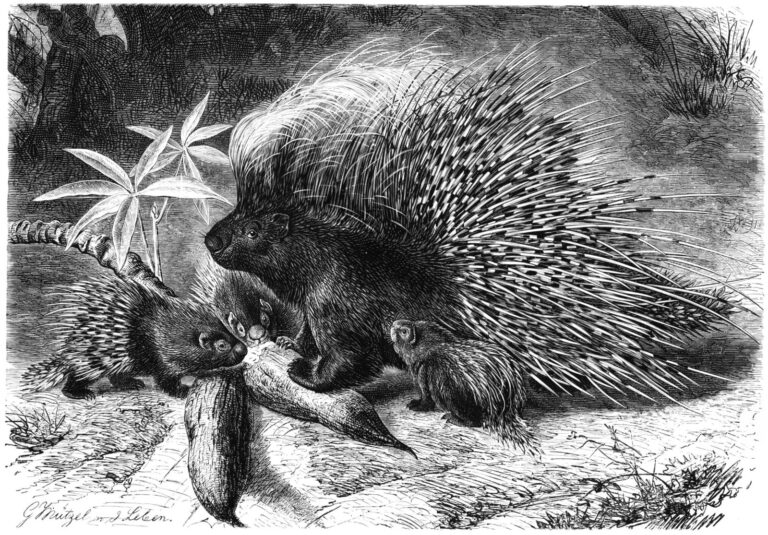You’ll find the porcupine-warming tale “The Fable of the Porcupine” on many inspirational websites, and many have shared it on other social media. It’s essentially a reformulation of Schopenhauer’s “Hedgehogs’ Dilemma”, which poses the question: how can we manage to live together and function as a family unit, a social unit or society, when we inadvertently hurt each other?
Fable of the Porcupine
It was the coldest winter ever – many animals died because of the cold.
The porcupines, realizing the situation, decided to group together.
This way they covered and protected themselves; but the quills of each one wounded their closest companions even though they gave off heat to each other.
After awhile they decided to distance themselves one from the other and they began to die, alone and frozen.
So they had to make a choice: either accept the quills of their companions or disappear from the Earth.
Wisely, they decided to go back to being together.
This way they learned to live with the little wounds that were caused by the close relationship with their companion, but the most important part of it, was the heat that came from the others.
This way they were able to survive.
The tale describes the way in which we instinctively pull together to form groups and societies. We’re a tribal species after all. But despite the best of intentions and all goodwill we can find others prickly and injurous.
Schopenhauer said that we have a drive and instinct to mix with others, however it can be painful: arguments, differences in opinions, various “unpleasant and repulsive qualities” drive us apart.
We can look at this in a number of ways.
Firstly, the importance of good manners and consideration for others is a way of “retracting the spines”. We should perhaps remember that we’re all spiky and can easily poke someone’s eye out without thinking.
Secondly, some people prefer to be alone rather than be spiked. Solitude is more easily borne if we can somehow generate our own warmth. Being kind to others is one thing, but how many of us have ingrowing spines?
Thirdly, being around others and prodded by spines can be tiring. And sometimes we need some time out, especially those of us with introvert tendencies.
For my part, reading this I could certainly identify. Needing times of quiet and withdrawal, feeling mortified when I’ve accidentally offended someone, sometimes wishing “so-and-so” would be a bit more polite or less abrasive… All of these things happen to me on a regular basis, but this little tale helped me feel more comfortable about it all. We can’t help being a prickly bunch.
You can find the original formulation in Arthur Schopenhauer: Parerga and Paralipomena: Short Philosophical Essays, Oxford University Press, vol. 2, pp. 651–652

